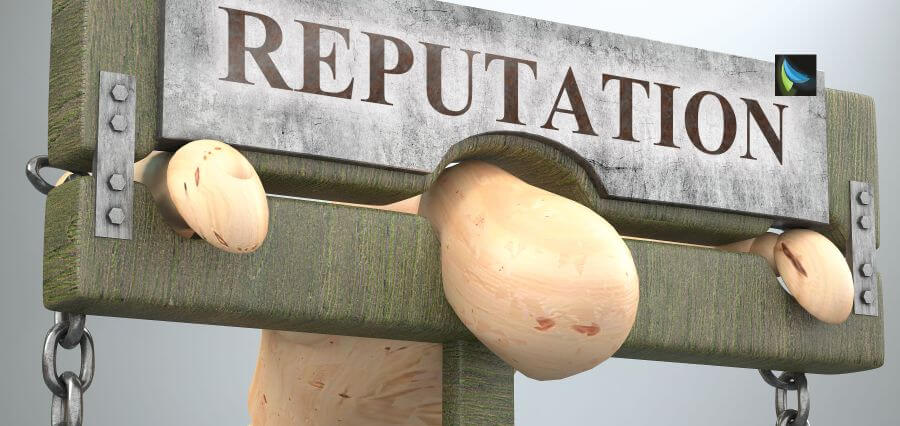Reputation in our fast-paced world is everything. Whether it’s an individual or a business or a person, the perception that people gain from you will determine your success. Reputation takes years in building and is synonymous with actions and trustworthiness as well as good interactions. Yet, in a split second, it can be shattered by one mistake or misstep. Such paradox speaks to the fragility of reputation and enormous effort it takes to establish and maintain.
Building Reputation Time
Developing a reputation is like developing a delicate flower. It needs attention and care. According to the Reputation Institute’s research, 60% of people say they will not shop with a company that has a bad reputation. This statistic alone shows why a solid positive image is necessary. For businesses, this is a matter of consistent, quality products and services, positive engagements with customers, and transparency in all affairs.
For example, for a person, reputation is often founded in personal integrity and reliability. In addition, repeated commitment with ethical behavior can build trust over time. This is priceless as studies demonstrated that 76% of people say they would not work for a company with a bad reputation. As such, the implications are quite clear-the effort put into building a good reputation pays off in loyalty and respect.
The Speed of Destruction
Whereas the process of reputation takes years, it gets destroyed in just minutes. A little ill-conceived tweet or a brazenly wrong business move can send huge backlash sweeping its way. According to Harvard Business School research, 70% of consumers inform their purchase decisions based on online reviews. Negative reviews can overrun a once pristine reputation in no time.
In this respect, some examples of some of the well-known brands that have gone through public relations disasters have to be brought into the discussion. In 2017, United Airlines found itself in one of its greatest crisis when it forcibly removed a passenger from an overbooked flight. Within hours, the incident was recorded in video, and shown viral throughout the entire world. For all of the years United had spent building a brand as reliable airline, it saw widespread outrage and lost millions in market value in a night.
The Role of Social Media
In a world that digitally progresses day by day, social media serves to spread the weakness of reputation. Information spreads easily and exponentially than ever in history for praise and criticism; both can reach immense amounts of people within a matter of seconds. What is worse is that the negative posting can speedily find its way to become viral; hence critical reputational damage before the organization is even able to utter anything back.
A Pew Research Center survey found that 64% of Americans believe that social media has made it easier for people to ruin someone’s reputation. This shows how quickly misinformation can spread and how difficult it is to control the narratives once they take hold online.
Rebuilding After Damage
Restoring a damaged reputation is difficult but not impossible. It requires transparency, accountability, and a steady effort period. Companies need to open up their mistakes and take measures to correct them. For instance, after the United Airlines incident, the Chief Executive publicly apologized and formed new policies for treating people better.
If people are to regain back their reputation, then they have to take the burden for their action. This may be in the form of an apology, not that they have become the same again since it will definitely reflect through action, or by positive interaction with the other side.
Conclusion
The reputation is very fragile, something that will take years to build but just a minute to destroy. In the age of lightning speed where information has glued itself onto the surface of every planet, it requires vigilantism and efforts to keep flying the flag. An individual can walk through the maze of public perception if he or she comprehends the concept of reputation and takes necessary action to safeguard it. This is, in turn, your most valued investment into your reputation that you could make for your future success because once gone, it is hard uphill work to regain that reputation.














